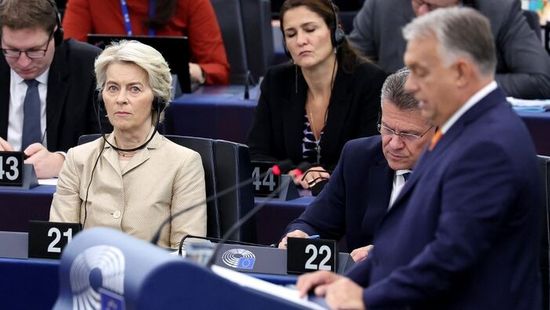Dokumentumok bizonyítják: Brüsszelben arra készülnek, hogy a Fidesz nyeri meg a választást

Az elemző szerint ráadásul az is egyértelmű, miért nem lenne rájuk szükség, ha Magyar Péteréket tartanák esélyesnek.

Tunisia was a Facebook revolution. But I prefer a phrase I heard in Tunis: „The Dignity Revolution.”
„This is where an Arab revolution began, in a hardscrabble stretch of nowhere. If the modern world is divided into dynamic hubs and a static periphery, Sidi Bouzid epitomizes the latter. The town never even appeared on the national weather forecast. The spark was an altercation on Dec. 17, 2010. It involved a young fruit-and-vegetable peddler named Mohamed Bouazizi and a policewoman much older than him called Faida Hamdy. What exactly transpired between them — who slapped or spat at whom, which insults flew — has already entered the realm of revolutionary myth.
Soon after — this at least is undisputed — Bouazizi set himself on fire in front of the modest governor’s building where protesters now gather around portraits of the martyr. Bouazizi would live another 18 days. By then, an Arab dictatorship with a 53-year pedigree was shuddering. Within another 10 days, it had fallen in perhaps the world’s first revolution without a leader. Or rather, its leader was far away: Mark Zuckerberg, the founder of Facebook. Its vehicle was the youth of Tunisia, able to use Facebook for instant communication and so cyber-inspire their parents.
Anders Colding-Jorgensen, a Danish psychologist, conducted an experiment in 2009 in which he implied that Copenhagen’s Stork Fountain was about to be demolished and started a Facebook group to save it. The threat was fictitious but the group soon had two new members joining every minute. The Tunisian revolution was that experiment on steroids. Castro spent years preparing revolution in the Cuban interior, the Sierra Maestra; Facebook propelled insurrection from the interior to the Tunisian capital in 28 days.”